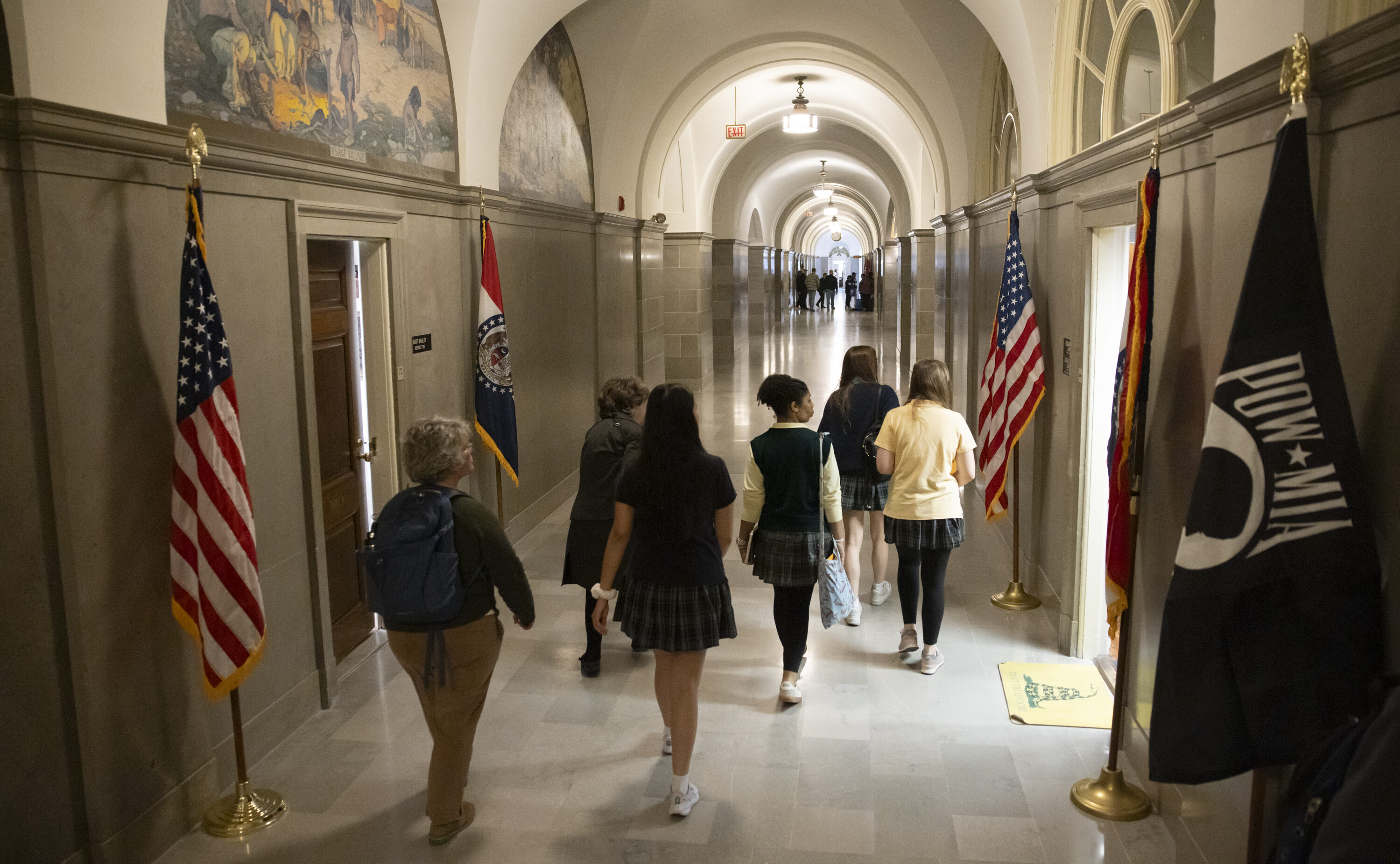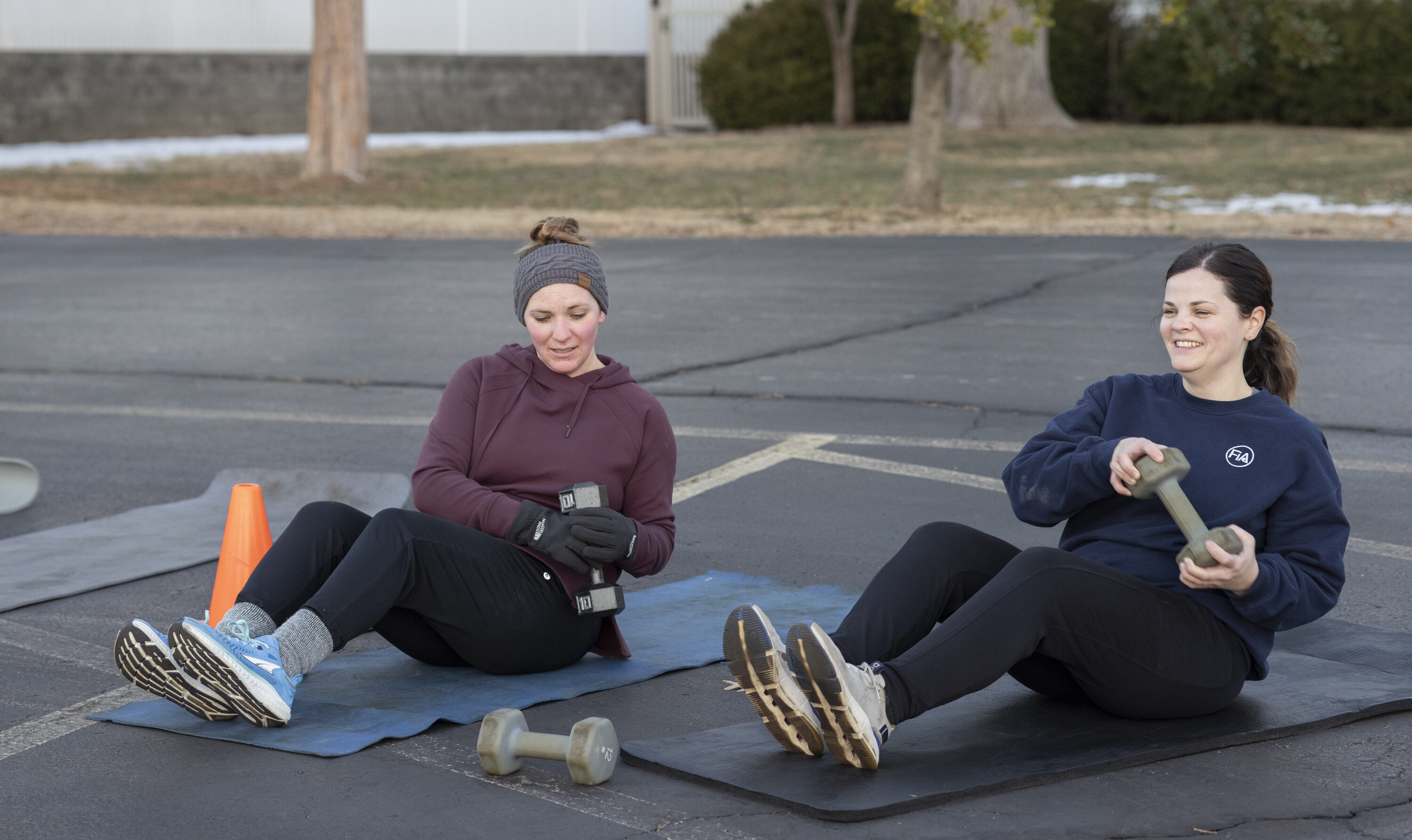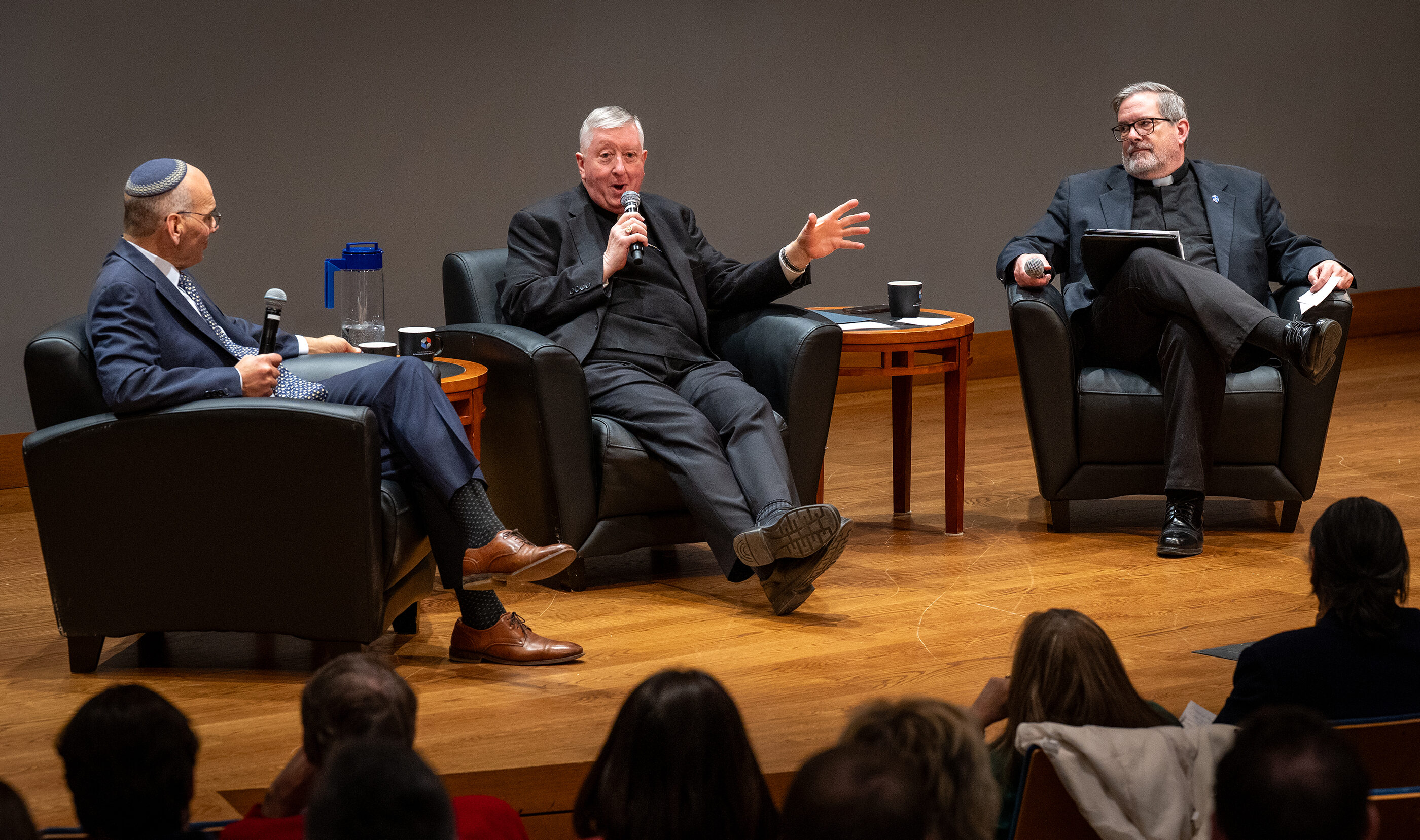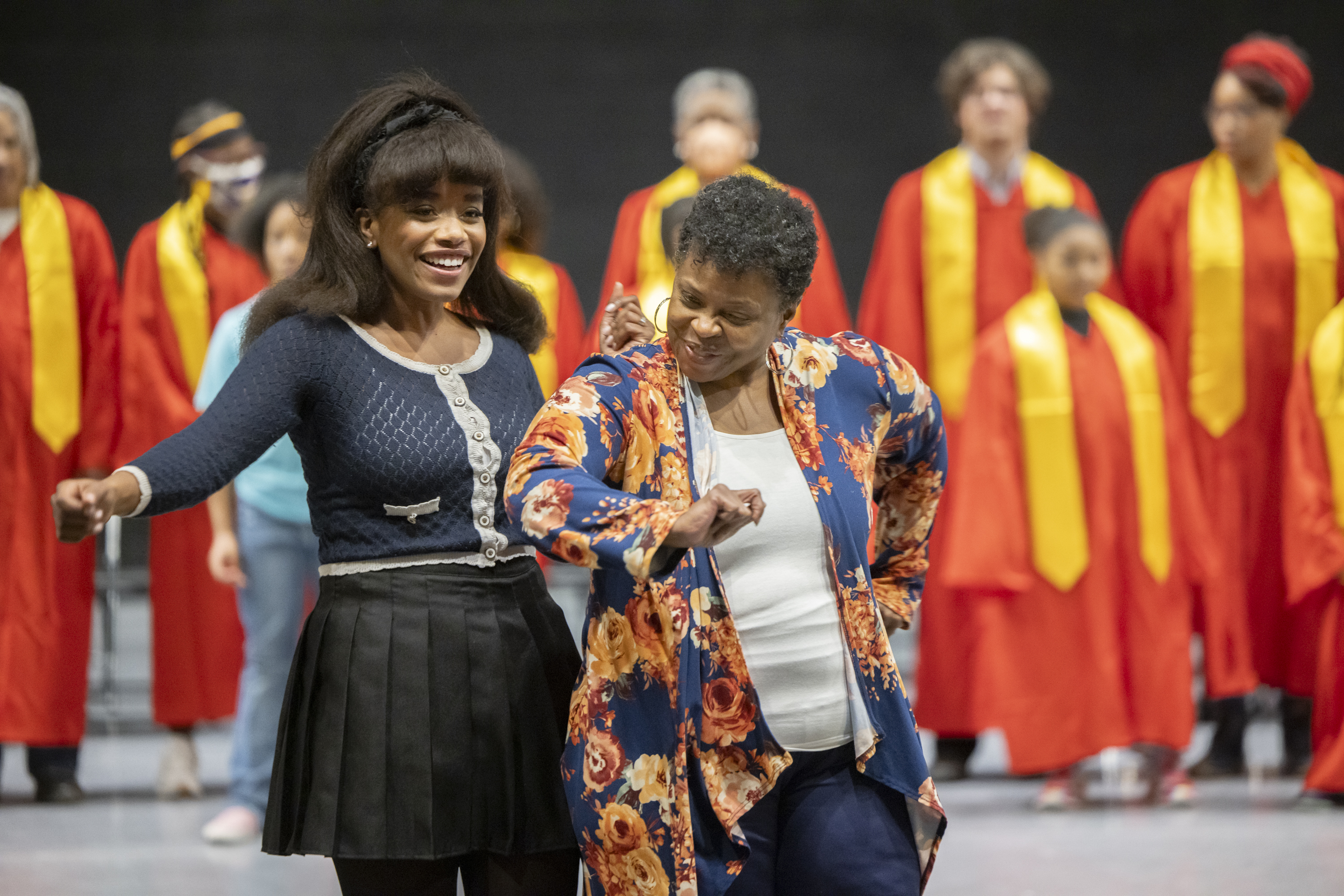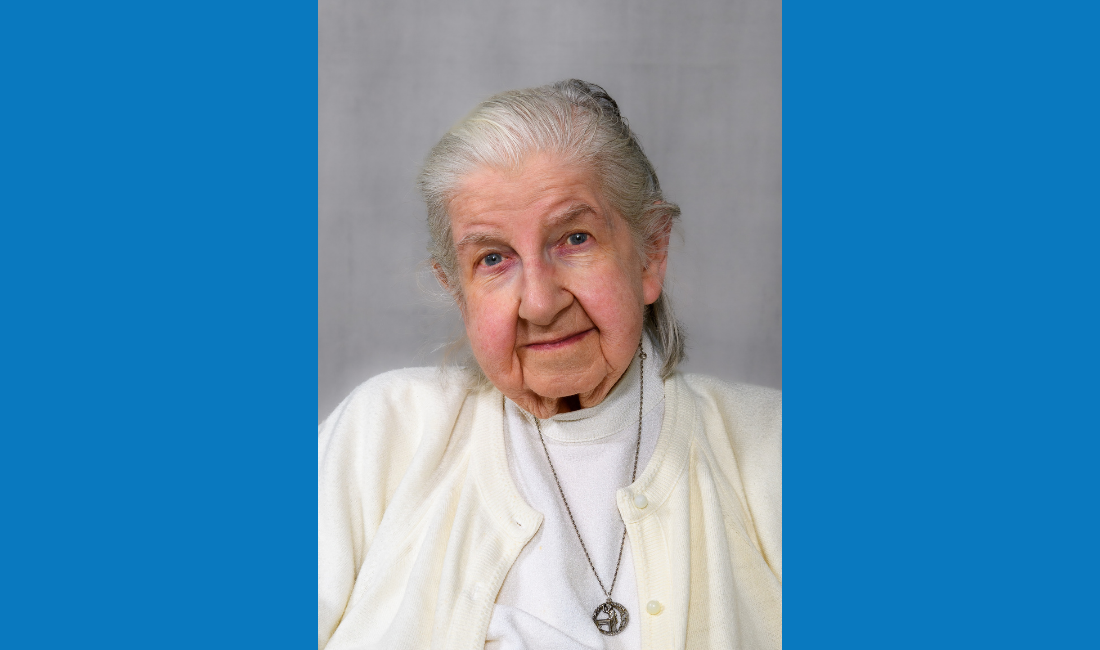Zomi-American Catholics reconnect with culture at national congress
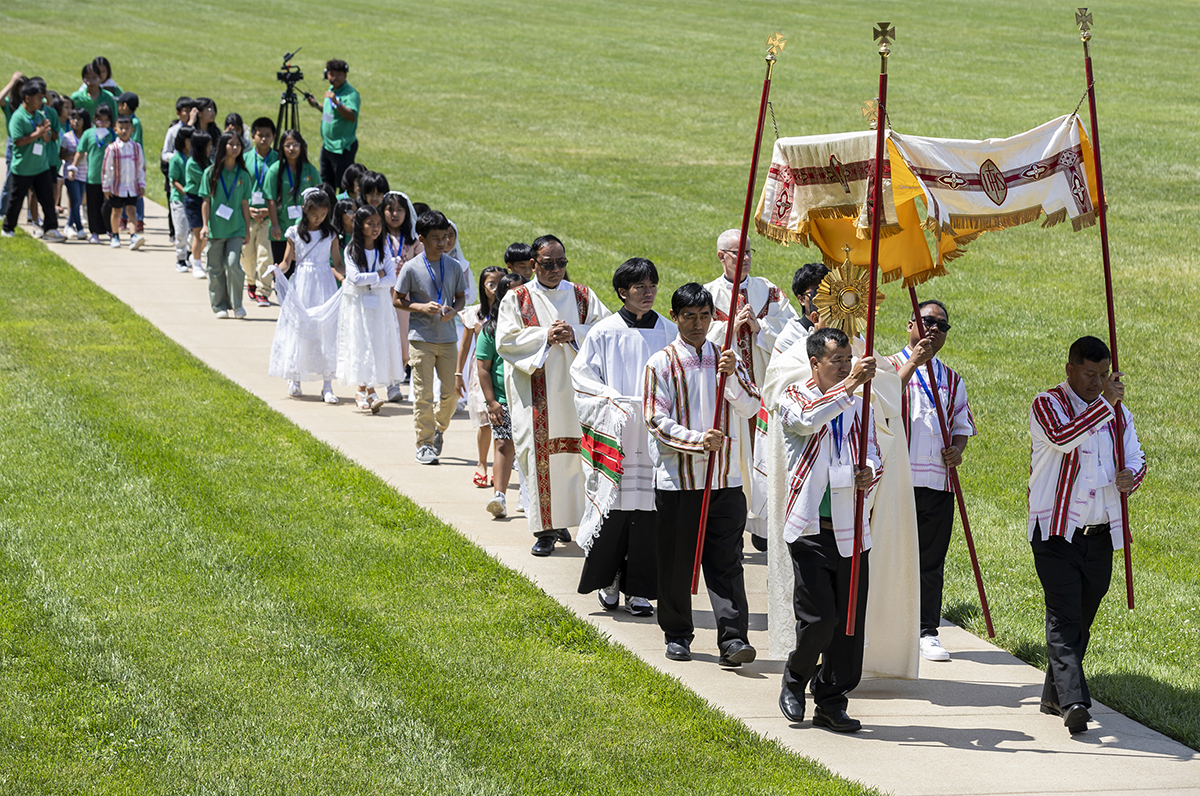
Zomi Catholics from across the U.S. meet in St. Louis for fifth eucharistic congress
It was a sweet reunion for Rita Niang as she happily posed for photos with two of her childhood friends from Myanmar (formerly Burma) when they recently met up in St. Louis for the national Zomi-American Catholic Eucharistic Congress.
The three are mothers now, all of whom came to the United States as refugees. Niang settled in the Chicago suburb of Winfield, Illinois, while Helen Mang lives in Lincoln, Nebraska, and Mary Khan is in Fort Wayne, Indiana.
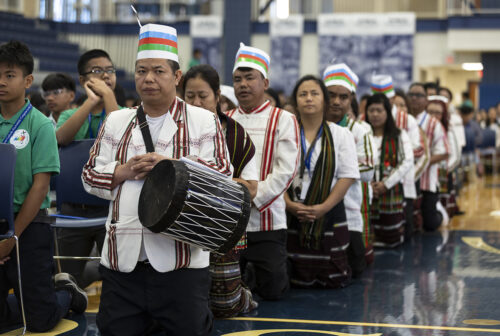
They were among nearly 1,000 Zomi Catholics from across the United States who gathered July 4-6 at St. Louis University High School for the fifth congress. The three keep in touch by phone regularly, but the gathering was a chance for them to reunite in person.
Niang said she also hoped her children would learn more about their Catholic faith within the context of the culture and language of the Zomi people, an ethnic group with roots primarily in Myanmar and in parts of India and Bangladesh.
“They go to Catholic schools, but we want to participate in our Zomi community,” Niang said. “I want them to have more understanding (of the culture) and participate and learn more about the Catholic faith, especially the Eucharist.”
Fellowship and support
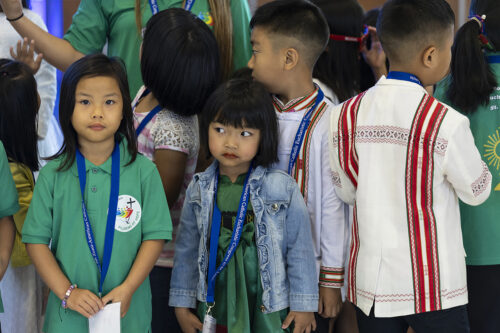
The congress began on Friday with a youth soccer and volleyball tournament, dinner, adoration and an opening ceremony. On Saturday, participants attended catechesis classes in the morning, followed by a Mass celebrated in SLUH’s gym and a eucharistic procession around the campus.
The first two congresses were held in 2018 and 2019 in Tulsa, Oklahoma, which is home to about 10,000 Zomi people and also has the largest population of Zomi Catholics in the United States. Subsequent congresses have been held in Indianapolis and Nashville, both of which have a presence of Zomi Catholics.
“The core reason is when we come to United States as newcomers, there are a lot of challenges,” said Father Robert Kim, a Zomi priest of the Diocese of Tulsa who started the first congress in 2018. “We need some fellowship and support for one another, and we wanted to do something special. We thought, how about the Body and Blood of Christ? Then we put it together, let’s do a eucharistic congress.”
Father Kim said it’s also been a way to ensure the faith is shared with younger participants, intertwining that with the Zomi language and culture. “We want to show them that is how your mom and dad, how they believe and their love for Jesus Christ in the Eucharist,” he said. “There’s kind of a culture, language, faith and community based in the Eucharist.”
St. Louis Zomi community
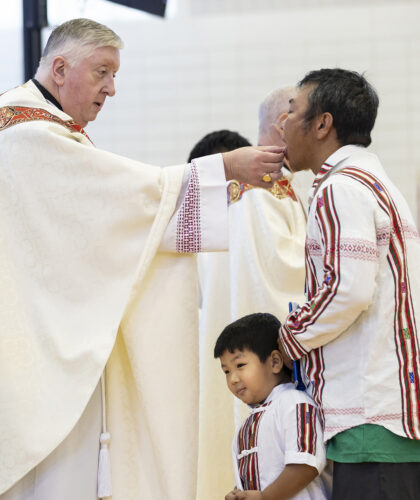
About 50 Zomi families in the Archdiocese of St. Louis had been worshiping together at St. Pius V Parish in St. Louis until the community’s move to Assumption Parish in south St. Louis County in 2023.
Father Stephen Lian, a priest from Myanmar who came to the United States in 2014, offers Mass and confessions in Zomi at Assumption every Sunday. He also is an associate pastor at Good Shepherd Parish in Hillsboro, Our Lady Parish in Festus and Sacred Heart Parish in Crystal City.
Father Lian estimates about 90 percent of Zomi people in the United States came here as refugees. The country has been in an ongoing civil war between resistance groups and Myanmar’s governing military junta, which overthrew the previous democratically elected government in 2021. Religious freedom conditions also have deteriorated in the midst of the civil war there.
“Even though (refugee resettlement programs) send people all over, we have a connection as Catholics,” Father Lian said. “We gather together, not just for social (reasons), but for a religious, faith event.”
With only four Zomi speaking priests living in the United States, many attend parishes where English is the primary spoken language, he said. Access to the sacrament of reconciliation is especially a challenge for whose who have a language barrier. Ten Zomi-speaking priests, including several who traveled from Rome, Myanmar and India, heard confessions at the congress throughout the weekend.
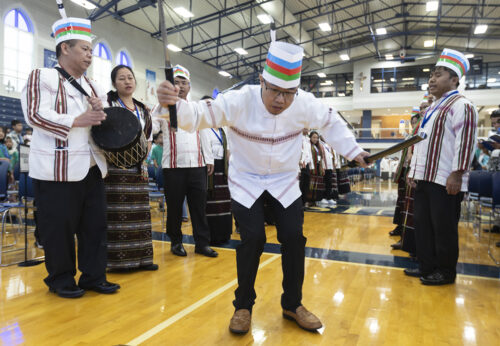
The congress “is a time for healing,” Father Lian said. “It’s a time for receiving the sacraments and renewing the faith and to support each other.”
Vincent Mang Khan Zam, who is part of the Zomi community at Assumption, has attended four congresses. He and his two teenage children were among several families who applied for and received at the congress a framed apostolic blessing from Pope Leo XIV for the Jubilee Year of Hope.
“This is a (event) that unites us,” he said. “We believe the Catholic faith, but we have to unite some way, somehow, some day.”
Food for the soul
The weekend also included adoration on Saturday evening, more catechism classes, soccer and volleyball finals and Mass on Sunday at the Cathedral Basilica of Saint Louis, with principal celebrant Archbishop Mitchell T. Rozanski.
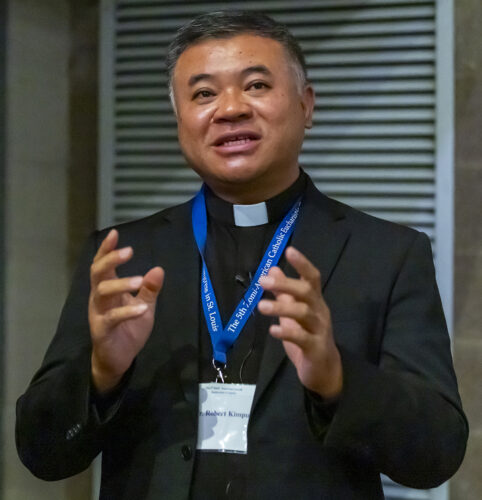
Bishop David A. Konderla of Tulsa, who was the main celebrant at Mass on Saturday at SLUH, spoke during his homily about why Jesus gave us His Body and Blood.
“Food is something that reminds us that we are creatures, that we are the kind of beings that have to eat,” Bishop Konderla said as a Zomi priest translated. But “we are the kind of creature that has a soul, a rational soul, which means that we have an eternal and supernatural destiny. And so we must have a food that is more than just natural food, but that is a supernatural food.”
“We do need the food of eternal life during this life, because when we reach the end of this life, we will go to the Mass that never ends — to heaven — where we will no longer celebrate Mass, because we will be in the eternal Mass that goes on forever,” he said. “… We can thank God for the food that we have now and for the food of the Eucharist gets us ready for eternal life.”
The congress helps to “strengthen our faith, hope and love,” said Cecilia Lun-Ngaihte of Mansfield, Arkansas, who attended with her husband, Anthony Cin-Ngaihte, and their 18-year-old son.
The family came to the United States as refugees in 2009 and resettled in Tulsa. They recently moved to Arkansas, where they now operate a poultry farm.
“We are so busy with all (our) business, but this time is like a recharge, a refreshment,” she said. “We do believe Jesus is a true God and true man.”
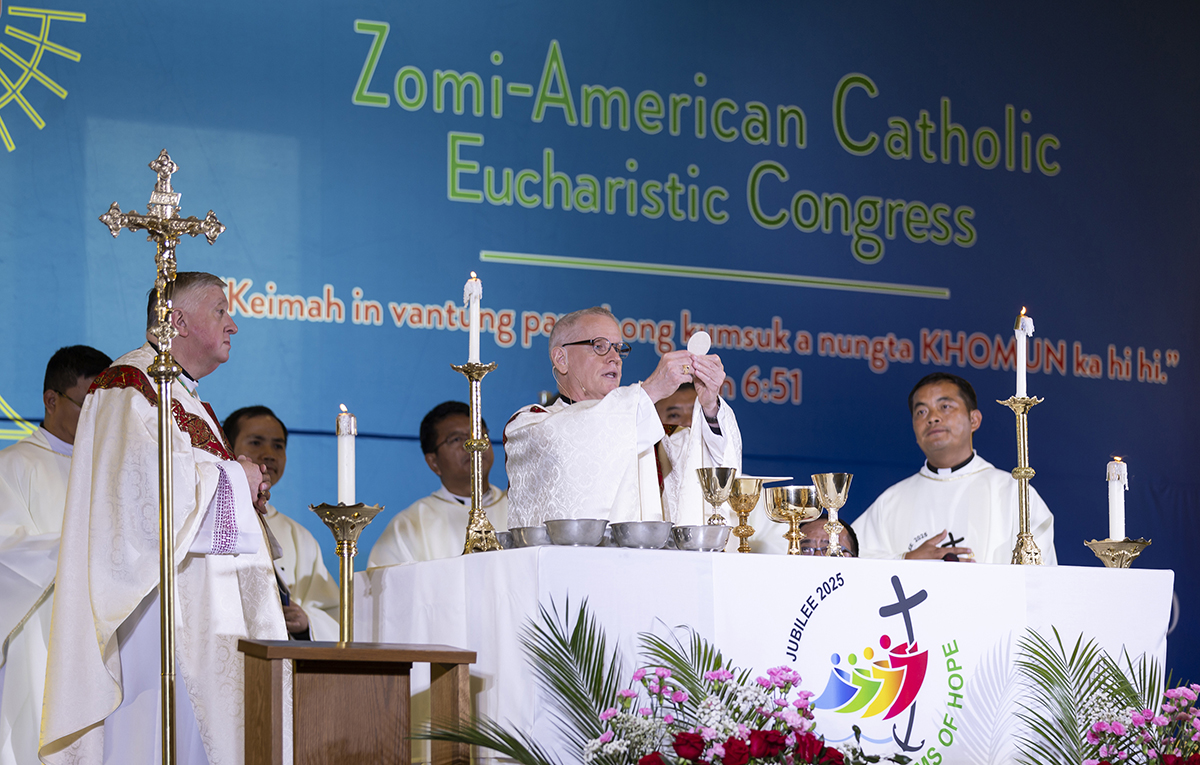
Zomi Catholics from across the U.S. meet in St. Louis for fifth eucharistic congress
Subscribe to Read All St. Louis Review Stories
All readers receive 5 stories to read free per month. After that, readers will need to be logged in.
If you are currently receive the St. Louis Review at your home or office, please send your name and address (and subscriber id if you know it) to subscriptions@stlouisreview.com to get your login information.
If you are not currently a subscriber to the St. Louis Review, please contact subscriptions@stlouisreview.com for information on how to subscribe.

